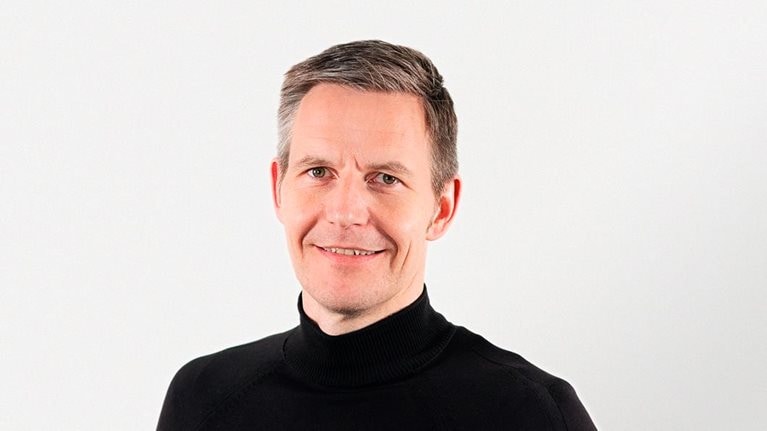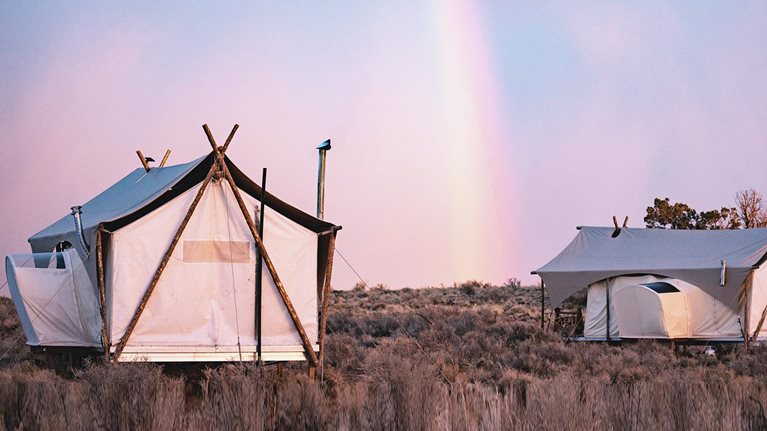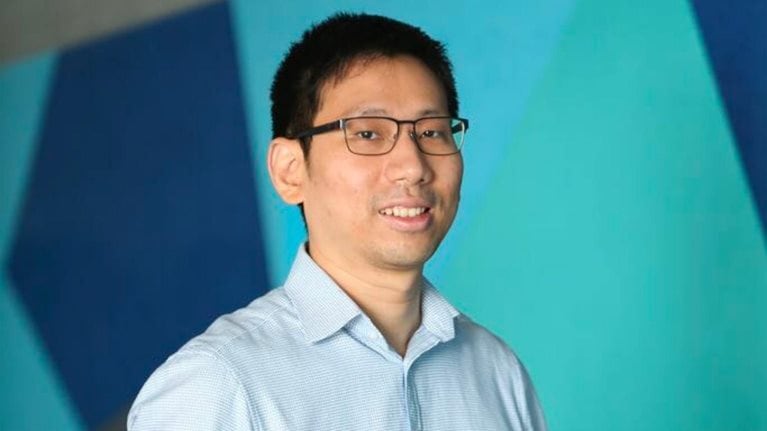In September 2020, Omar El Hamamsy took on the role of CEO of Orascom Development, a real-estate-development and hospitality multinational based in Zurich, Switzerland, just six months after COVID-19 had been declared a global pandemic. It was also only seven months after the sudden passing of the company’s previous CEO. Orascom Development’s portfolio includes hotels, residential communities, and leisure facilities in North Africa and the Middle East as well as three countries in Europe.
The COVID-19 health and economic crisis has delivered a significant blow to the travel industry worldwide, resulting in an 84 percent drop in the number of international tourist arrivals.1 Demand likely won’t be fully restored for years to come. And for emerging-market destinations, where most of Orascom Development’s properties operate, travel can be even more of a conundrum. “A challenge of operating in emerging-market environments—in Egypt, Oman, and Montenegro, for instance—is a tremendous dependence on external travel,” says El Hamamsy. “Exposure to macroeconomic conditions or competitive dynamics is more difficult to control.” This type of inbound-tourism market is often vulnerable to disruption, and lagging vaccination rates in some emerging areas can contribute to further setbacks.2
How can growth be achieved in places like Egypt—according to El Hamamsy, the oldest tourism market in history and one of the most unstable—as well as in the broader emerging-market landscape during a crisis? One way is by flexing new muscles. In an interview with McKinsey’s Vik Krishnan, El Hamamsy explains how he is redirecting the business to overcome COVID-19-related challenges by expanding product offerings, finding new talent pools, and rethinking conventional business models. The following is an edited version of the full interview.
McKinsey: What was it like to take the helm of Orascom Development in the middle of a global pandemic?
Omar El Hamamsy: I joined the company not necessarily at the peak but pretty deep into the COVID-19 crisis, and it was certainly a test. The business was in strain, given that about 40 percent of it was in the hotel, travel, and tourism sector, so you can imagine the negative impact of COVID-19. International travel pretty much froze for a year and a half and is slowly beginning to pick back up. Priority number one was to minimize the impact of the COVID-19 pandemic and establish a 100-day plan to immediately stop the revenue loss and find new growth avenues.
Orascom Development has shown a lot of resilience in surviving difficult times over the past ten years. Following its IPO amid the [2007–09] financial crisis, with a market cap of $4 billion, its share price suffered a tremendous drop, reaching about $400 million of total market cap in the pre-COVID-19 era. That drop was triggered by a number of factors—including the Arab Spring—in very challenging markets. Since then, a number of other issues—economic, tourism, geopolitical, or related to political stability—have affected the company. COVID-19 happens to be the latest macro crisis to hit us. While it has obviously had an impact, the reality is that Orascom Development has experience dealing with crises and has built a certain resilience around it.
Priority number one was to minimize the impact of the COVID-19 pandemic and establish a 100-day plan to immediately stop the revenue loss and find new growth avenues.
Our experience in navigating through different types of crises has taught us the importance and the ability to pivot rapidly. In response to COVID-19, we’ve redirected the majority of our effort, our energy, and our focus to the areas of our business that are independent from tourism and international travel—specifically, the real-estate and town-management parts of the business. These two lines of business have responded and played out quite well for us, as well as also generating ancillary recurring revenues for all of our operating entities in the towns and cities we’ve built and developed. For example, in mountain areas there are revenues associated with skiing, and on Egypt’s Red Sea coast there are revenues associated with outdoor activities at our marinas.
McKinsey: How do you see tourism and international travel fitting into your strategy as travel rebounds?
Omar El Hamamsy: We’ve chosen a two-pronged approach. The first strategy was redirecting all our tourism and hospitality efforts toward our national and local markets and developing a very aggressive strategy to attract and, in a safe way, operate for the domestic markets. And that has worked out quite well. If today I look at where we’ve implemented this strategy, it has resulted in year-to-date revenues for our Egyptian assets near 50 percent of our peak revenues in 2019, just before the COVID-19 pandemic started.
Strategy two has been utilizing the time of COVID-19 to rethink where to redirect our efforts going forward—one, from a source market perspective and in terms of our targeted customer segments; two, in terms of the product that we actually offer. We came up with the need for us to renovate a number of our hotels and a number of our assets, as well as to actually add new segments of hotels and new customer segments in some of our destinations—which is a strategy that we’re executing on right now. We also started rethinking our heavy dependence on tour operators as a sales channel.
[The rethinking] has also opened our eyes to the merit of building new partnerships for our tourism and hospitality hotel assets—so we’re about to launch a program of much more strategic, long-term joint ventures with other potential owners for new assets, new hotels, and new concepts that we intend to put in our destinations.
McKinsey: What have been some of the challenges of growing and scaling in a market like Egypt or in the broader emerging-market landscape during the COVID-19 pandemic?
Omar El Hamamsy: One challenge of operating in emerging markets is the limited predictability of rules, taxation, and fees. Some new governments can have a tendency to revisit many decisions made by prior governments in relation to land sales, hotel and tourism taxation, and the use rights of assets such as the beach, sea, or mountains. The number-one challenge of operating in such environments is ensuring that you have a great understanding of those regulatory environments—and especially a strong resilience for what may be difficult-to-predict regulatory and taxation changes.
We managed [the changing] government regulations through COVID-19 by spending a lot of time working with our government partners—explaining to them how COVID-19 is impacting us and, in consequence, the tourism sector and the local economy—in order to come back with incentives and/or government initiatives to support the sector as a whole.
In Egypt, the government also stepped in through a number of national banks and the Central Bank to provide the entire industry with low-interest loans for hotel renovations. In addition, a number of social initiatives were implemented to ensure that employees and their jobs were protected over time. In Oman, for instance, this included elements enabling our employees to go back to their countries and yet return without heavy visa or localization requirements.
McKinsey: Attracting and retaining talent has been critical during this crisis. What’s been your strategy, and how has COVID-19 changed the day-to-day for your employees?
Omar El Hamamsy: I face two dimensions of COVID-19-related challenges when it comes to people. The first dimension pertains to building a uniform culture in the midst of the current “remote working” approach. One thing the COVID-19 crisis has made us realize is that talent is global. Gone are the days where I can hope for, or need, my top talent to be in the same office as I am, in the same tower, or even in the same city. We have to go where the talent is, and the pandemic has enabled that to happen because of the virtual way we’ve all been working over the past 18 months.
But with that comes a very big challenge to build a uniform culture. How do you bring people together? And how effective is it for people to work remotely so far from each other, particularly when they’re fresh to this 32-year-old organization? The key to hiring exceptional talent is to keep the talent where it sits, where it’s comfortable, and we’ll find ways to work around building that culture of bringing people together.
There is a second dimension: How do you ensure the safety of and operate with a large workforce? Including our partners, it’s a workforce of about 9,000 people operating in our destinations. Health safety was by far our biggest concern when COVID-19 hit, so we did what everybody else did—practiced physical distancing, had strong training and education campaigns for our colleagues, and implemented many safety measures in our facilities, hotels, and offices ranging from reduced occupancy to constant disinfection. We took our maximum hotel capacity from 100 percent before COVID-19 to 25 percent and shut down all our common spaces, such as restaurants.
McKinsey: What have you learned from the challenges of the pandemic that could help you going forward?
Omar El Hamamsy: Use the time during the pandemic to consider new options for reinventing your business model. This period has been an appropriate moment to rethink things, to launch new ways of doing things, to, frankly, stop doing some old practices that you may have been hesitating to stop for a while because of people or legacy issues. That’s certainly number one—experiment and try new things.
Number two, I’ve found this crisis to be a time for recruiting exceptional talent that is looking to reinvent itself, for new things to do, to enter into new industries or new functions, and to stretch themselves. I think this crisis has given people 18 months of self-reflection, and a lot of them are asking, “What is the purpose of my professional life in the context of my personal accomplishments in life?” Coming out of this is a lot of talent that’s popping up and saying, “I want to do things very differently.” That’s a key consideration for CEOs in a time of discontinuity.
Number three is the lesson that’s most obvious: reconnect with yourself, with your family, with what’s ultimately important to you in life. That’s one of the things that, in many ways, actually encouraged me to take that leap to a whole new chapter in my life at this company. I suspect many have been considering making that leap or that transition, something that they ought to really reflect upon and take quite seriously right now. Try to take the time to do that.
Comments and opinions expressed by interviewees are their own and do not represent or reflect the opinions, policies, or positions of McKinsey & Company or have its endorsement.


